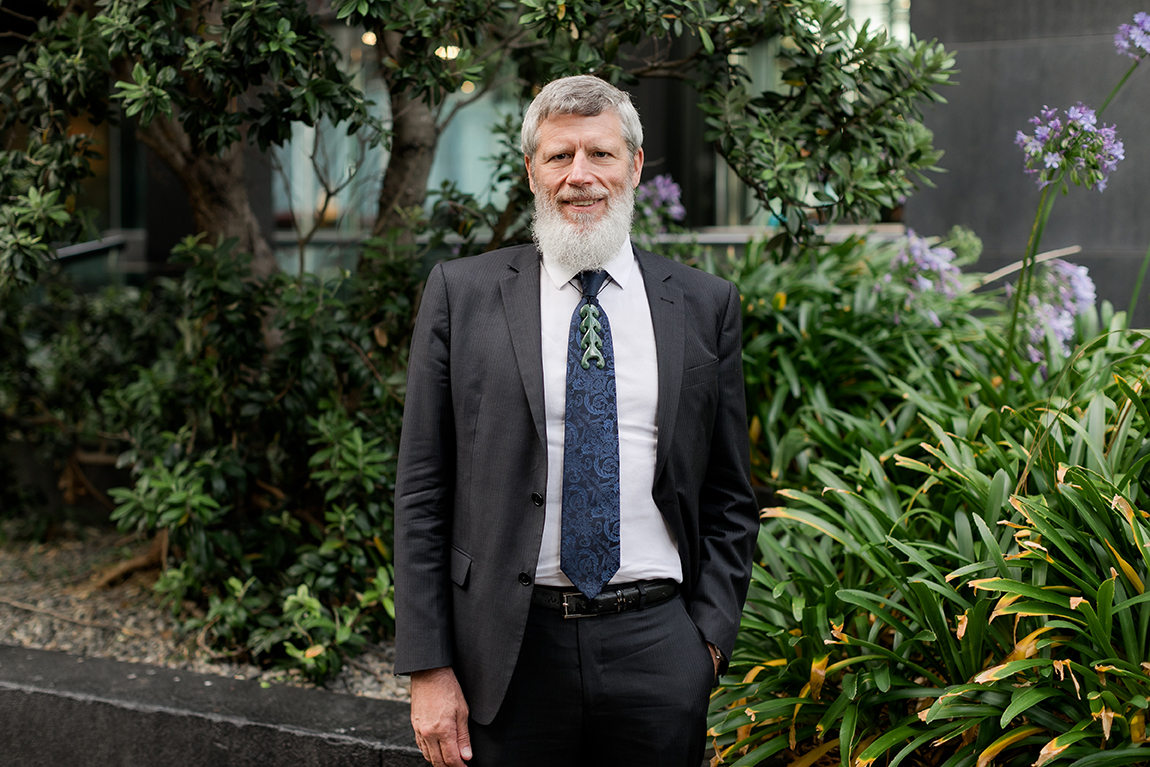Insight: Climate action is what matters
Now that COP26 is finished, our Chair Rod Carr shares his thoughts on why ambition is good but action is better.
Every tonne of emissions matters, every fraction of a degree of warming matters, every day matters.
At the outset of the COP26 climate change conference, United Nations Secretary-General António Guterres urged countries to “keep the goal of 1.5C alive”.
New promises were made - our Government joined other nations in pledges on carbon markets, deforestation, methane reduction and other climate change issues – but the consensus is that the world will still fall short of limiting global warming to 1.5 degrees C.
The COP conferences are about governments ratcheting up their ambition for reducing emissions. COP26 at least achieved that.
Now the next round of climate change talks is already being planned to address the issues still left on the table in Glasgow.
Ambition is good, action is better
Our actions here in Aotearoa matter.
By the time the world returns to the conference table next year at COP27 in Eqypt, our Government will have released its first road map for meeting its emissions reduction targets and will set the direction for climate action for the next 15 years.
Due in May, the Government says its emissions reduction plan will have an impact on all aspects of the economy and society in some way. Communities, businesses and individuals have until November 24 to have a say.
The plan needs to provide certainty, while managing impacts, and ensure the transition to a low emissions, climate resilient future is equitable.
But no matter how perfect the plan, action is the only thing that will transition us to a better future.
A fair and equitable transition
Aotearoa needs to move at a pace that gives people time to plan and change in a way that does not threaten wellbeing, and further disenfranchise those already disadvantaged.
Moving too slowly will push the burden of addressing climate change onto young people and future generations. The effects of climate change are already being seen here in Aotearoa.
However, moving too fast could result in jobs being lost unnecessarily and some industries and businesses forced to close even though there may have been solutions if they had more time.
We need to take up new low emissions technologies and business practices, and develop the skills to create low emissions products and services.
A healthy economy and society is vital for ensuring that both current and future generations can make continual and enduring emissions reductions over time.
Reducing greenhouse gas emissions is not the only objective - the nature of the transition also matters. Aotearoa needs to transform in a way that maintains and builds wellbeing.
Aotearoa will never have a greater opportunity to transition to a thriving, climate resilient and low-emissions future than right now.
